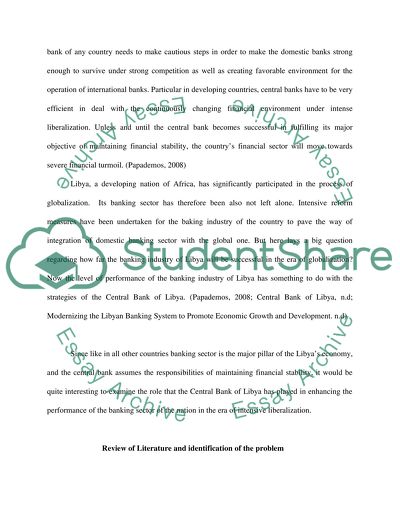Cite this document
(Effectiveness of Central Banks Monetary Liberalization Policies on the Research Proposal, n.d.)
Effectiveness of Central Banks Monetary Liberalization Policies on the Research Proposal. Retrieved from https://studentshare.org/finance-accounting/1556130-research-prposal
Effectiveness of Central Banks Monetary Liberalization Policies on the Research Proposal. Retrieved from https://studentshare.org/finance-accounting/1556130-research-prposal
(Effectiveness of Central Banks Monetary Liberalization Policies on the Research Proposal)
Effectiveness of Central Banks Monetary Liberalization Policies on the Research Proposal. https://studentshare.org/finance-accounting/1556130-research-prposal.
Effectiveness of Central Banks Monetary Liberalization Policies on the Research Proposal. https://studentshare.org/finance-accounting/1556130-research-prposal.
“Effectiveness of Central Banks Monetary Liberalization Policies on the Research Proposal”, n.d. https://studentshare.org/finance-accounting/1556130-research-prposal.


